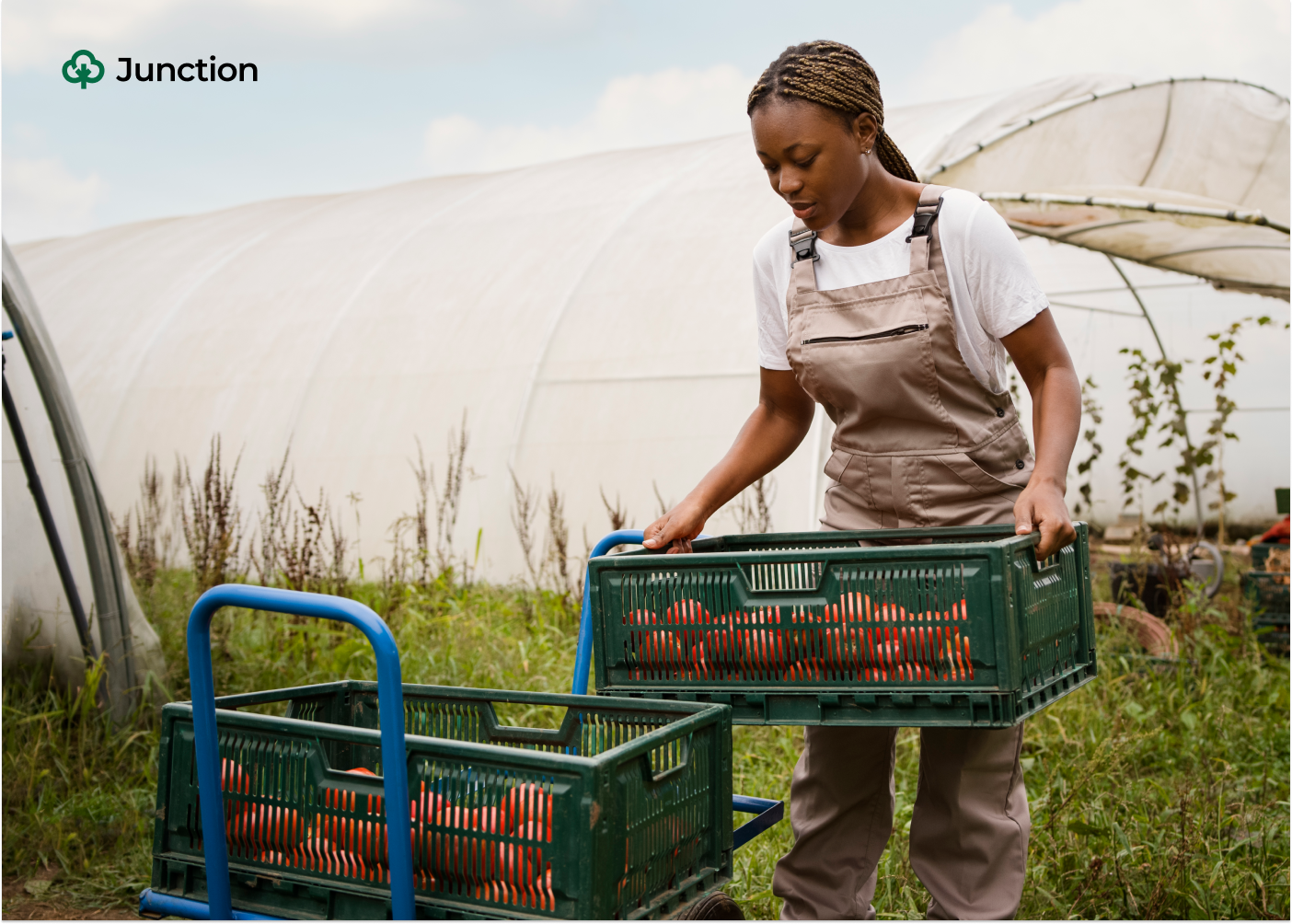News in brief:
– The Nigerian government has announced plans to modernise irrigation systems and ensure 100% inclusion of youth and women in agriculture to boost food security.
– President Tinubu and key officials emphasised innovation, inclusivity, and sustainable development as central to transforming the sector and driving economic growth.
The Federal Government of Nigeria has unveiled a robust plan to enhance food security by modernising irrigation systems and ensuring full inclusion of youth and women in agriculture.
President Bola Ahmed Tinubu, speaking through the Secretary to the Government of the Federation, George Akume, at the 6th African Regional Conference on Irrigation and Drainage in Abuja, stressed the importance of embracing innovative water and irrigation strategies.
With over 3.1 million hectares of irrigable land, Tinubu said Nigeria is poised to significantly increase agricultural productivity.
“We have captured the growing youth population in our development plans,” he said, citing platforms like the Young Professionals Forum, which integrates geospatial systems and AI in sustainable agriculture.
Minister of Water Resources and Sanitation, Engr. Joseph Utsev, highlighted the achievements of the Transforming Irrigation Management in Nigeria (TRIMING) project and announced the upcoming Sustainable Power and Irrigation for Nigeria (SPIN) project, backed by the World Bank.
Furthering the agenda, Omolara Svensson, Special Assistant to the Minister of State for Agriculture, assured that the federal government is committed to achieving 100 per cent youth and women inclusion in agricultural programmes.
Speaking at the handover ceremony of new executives of the Nigerian Women for Agricultural Progressive and Development Initiative (NWAPDI), Svensson described agriculture as the “next oil well” for Nigeria.
She noted that empowering women and youth will drive sustainable food production, reduce societal vices, and fuel economic growth. “We already have a blueprint to ensure real farmers, especially women and youth, benefit from the government’s efforts,” she said.
Stakeholders praised the initiatives, highlighting that women and youth make up 70 per cent of Nigeria’s farming population, underscoring the importance of inclusive policies for long-term agricultural transformation.



